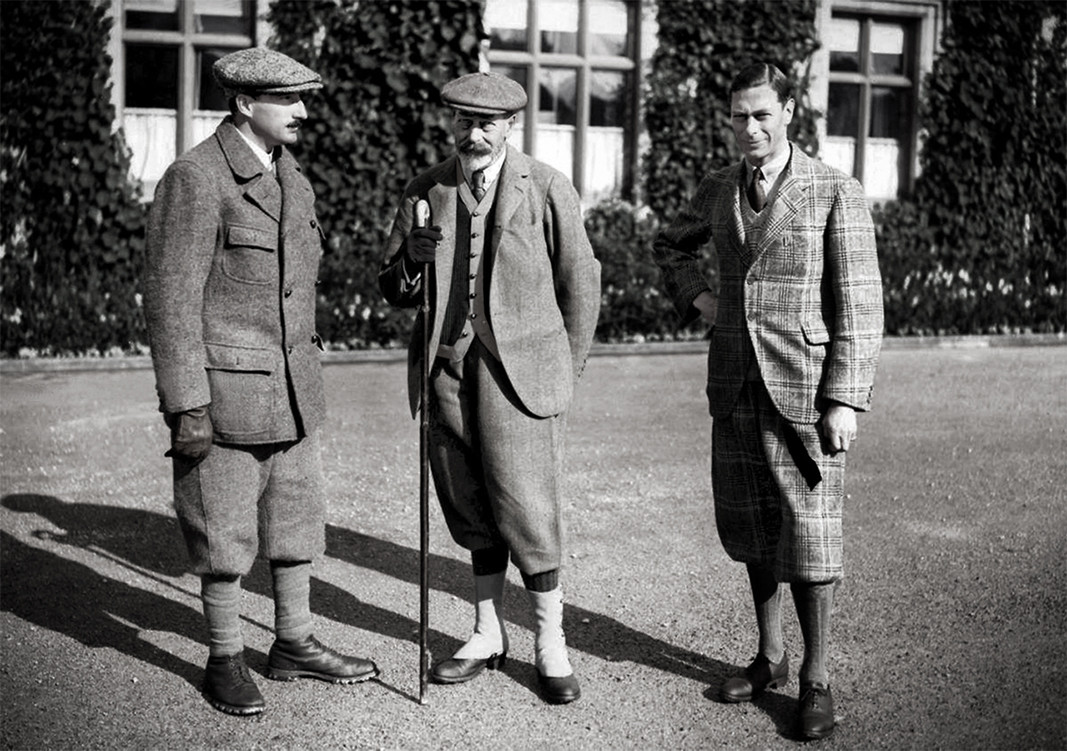On September 8, 2022, the life of an extraordinary person came to an end, an example of perseverance, respect for tradition and responsibility for the nation. Queen Elizabeth II - head of state of the United Kingdom of Great Britain and Northern Ireland and of the countries of the Commonwealth of Nations fulfilled her duty for 70 years, filled with cardinal changes and challenges, both in the kingdom and in the entire world.
"There are only few people who remember the time before Elizabeth II. She is the only monarch most people on the planet recognize. She was the monarch of two and a half billion of them. That's why everyone just calls her the Queen, and even though she was 96, people didn't seem to believe she would die. Even the thought of it was suppressed," Bulgarian journalist Georgi Milkov wrote in his social media post.
While the kingdom and the world get used to the changes that have occurred since her death, which will affect even the national anthem, here are a few facts about the dynastic bond that connects Bulgaria and the United Kingdom.

The relationship of the Bulgarian royal family to the British monarchs dates back to the 18thcentury. Tsar Ferdinand was a second cousin of the English King Edward VII - son of Queen Victoria. Tsar Boris was a third cousin of the King of England and father of Queen Elizabeth II - George VI. Simeon of Saxe-Coburg is also Queen Elizabeth II's cousin along the paternal line. They are all heirs to the same German princely dynasty - Saxe-Coburg and Gotha. As part of the Entente during World War I, the English royal family had to change the dynasty's name to the English-sounding Windsor. This happened in 1917 and there was also another reason for this - London was bombed by a German plane "Gotha G. IV." The Saxe-Coburg dynasty, however, exists to this day, having reigned over the years in Belgium, Germany, Portugal, Bulgaria and other countries.
"The kinship between Queen Elizabeth II and the Bulgarian Saxe-Coburg dynasty is a circumstance that, if at all is mentioned in the Bulgarian education system, it is mentioned in one sentence, and as if this fact is rather shameful”, historian Dr. Petar Stoyanovich admits in an interview with Radio Bulgaria. "Such a relationship is also the best diplomatic mediator for settling larger and smaller international issues".
The intensive contacts between the Kingdom of Bulgaria and the United Kingdom and the relationship between the members of the dynasty were interrupted only in 1941, when Bulgaria declared war on Great Britain.

"Tsar Ferdinand and his mother, Princess Clementina, had not one or two visits to London with Queen Victoria, and later with King Edward VII, so this connection in the dynasty has never been broken" says the historian. "As for the visit of Tsar Boris III in 1927 - it was the first visit of the Bulgarian head of state after the end of the First World War, the restrictions of the Treaty of Neuilly and the international isolation in which Bulgaria found itself. With this visit, the king was trying to break, as far as possible, the cover under which Bulgaria was at that time. His next important visit to the Island was in 1936, as part of a pan-European tour, when he arrived for the funeral of King George V, after which he continued his travels to other European capitals”.
Although many consider the monarchy to be outdated, it is undeniable that every monarch and his family have their role and importance, written in the constitutions and traditions of the countries they rule. What they all have in common is that "the great family of the world's monarchies always feels united to each other, both by blood and by the fact that what unites them is neutrality towards politics and duty to the nation. The task of every single monarch is to stand by and protect their nation," concludes Petar Stoyanovich.
Queen Elizabeth’s life was a brilliant confirmation of these words.
English version Rositsa Petkova
Photos: libraryA Christmas tree with Bulgarian decorations has been placed in a central location at the Griffin Museum of Science and Industry in Chicago. For the fifth consecutive year, Bulgarians living in Chicago crafted the lavish decoration of the Bulgarian..
The usurpation of cultural heritage is one of the many inevitable consequences of any military conflict, both historically and today. Until the end of the war in Ukraine, it is impossible to adequately analyse the extent of the damage caused to the..
Athens plans to modernise the Greek army by 2030 Greece's Defence Minister Nikos Dendias presented the plan for changes in the army to the parties in parliament. The reforms will cover all three branches of the military. By 2030, 33 units..
The traditional Bulgarian Christmas picnic, organized by the Bulgarian Cultural and Social Association "Rodina - Sydney" and the Bulgarian School..

+359 2 9336 661
